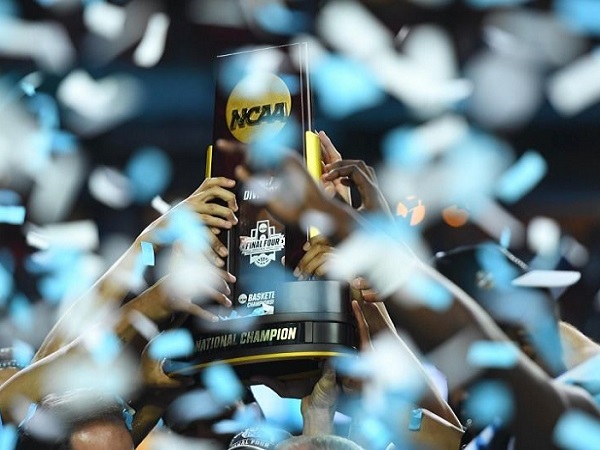Regional sports networks (RSN) are increasingly having a difficult time finding a distribution home meaning less and less sports fans may be seeing their favorite teams play on linear broadcast television. It has been reported that “As license fees rise, analysts wonder if they’re still worth the price . . . Last year, Sinclair paid what appeared to be a bargain price of $8.9 billion to buy the 21 Fox Regional Sports Networks. They had been owned by The Walt Disney Co. after it acquired 21st Century Fox, but regulators forced Disney (which owns ESPN) to sell them. Early estimates were that the RSNs would fetch $20 billion.” The Chicago Cubs, Los Angeles Dodgers via Spectrum, and even the Denver RSN Altitude have all struggled to find larger distribution homes through cable and satellite providers.
In a move indicative of the times, YouTube, a streamer, has refused to host the Sinclair-owned RSN’s. In the aforementioned article, The Verge reported that the “Stalled negotiations with Sinclair could put a hole in YouTube TV’s sports programming.” It is of note that YouTube is one of the first non-linear content providers to pushback against distributing RSN sports content.
On the other hand, Amazon continues its push into distributing sports content through Thursday Night Football (TNF), sports documentaries, along with rumors that Amazon, Hulu, and others will be negotiating against ABC/ESPN, NBC, FOX, and CBS as the five major sports in American begin to open negotiations for their copyrighted broadcast rights. The Age reported that “Amazon wants all 18 clubs to be part of a football documentary series in a deal with the AFL [Australian Football League] and McGuire Media.” This deal is in addition to the Premiere Football League and other licensing rights acquisitions.
Unfortunately, where RSN’s were once very popular and profitable, streaming content options have pushed full steam ahead into people’s homes and devices. RSN’s are now seen as too expensive and inflexible. Inflexible as it relates to streaming options.
This makes sense because the companies that own RSN’s almost exclusively do not have in-house streaming options available. Even AT&T-Time Warner, which is seeking to sell its four RSN’s, has a streaming option coming this spring in HBO Max, but it is a platform that is not planned for streaming live sports content at this point. In fact, the streaming and social media platforms that have shown interest in distributing live sports content are Amazon, Hulu, FloSports, Twitter, and Facebook. DAZN, Bleacher Report (owned by AT&T-Time Warner), and Spotify have also demonstrated and shown interest in live sports content in various versions and formats.
YouTube’s reluctance to renew the RSN’s is telling of what streaming type platforms prefer at least for now, smaller pieces of the proverbial lives sports rights pie. Take note of the fact that Amazon only initially went after and acquired TNF, versus an entire season or conference of games. Also notice how YouTube, Facebook, Twitter, and Hulu only wanted select high profile games or the playoffs and postseason.
The streaming strategy is much more focused and direct, seeking to satisfy their customer appetites for some entertainment, some media, and some sports options in content. Interestingly, and RSN’s should take note of this point, diversification of content distribution increases licensing fees in a wide versus narrow path, reaches more fans, and allows for more control to sell on different platforms. The Associated Press has also reported that streaming is on the rise for live sports. Whether RSN’s can or will pivot to a streaming and diversified-buyer approach is another story.
























